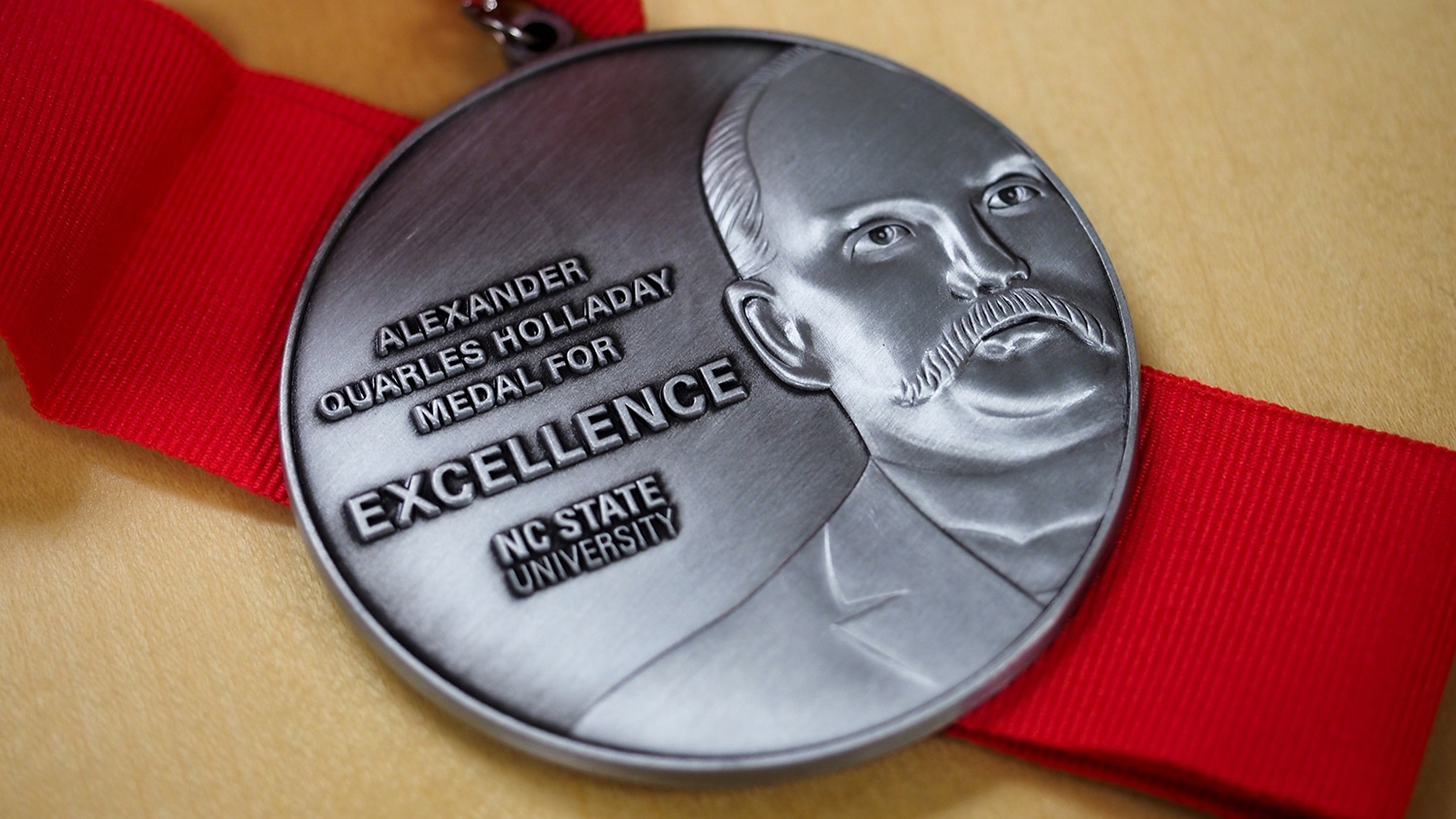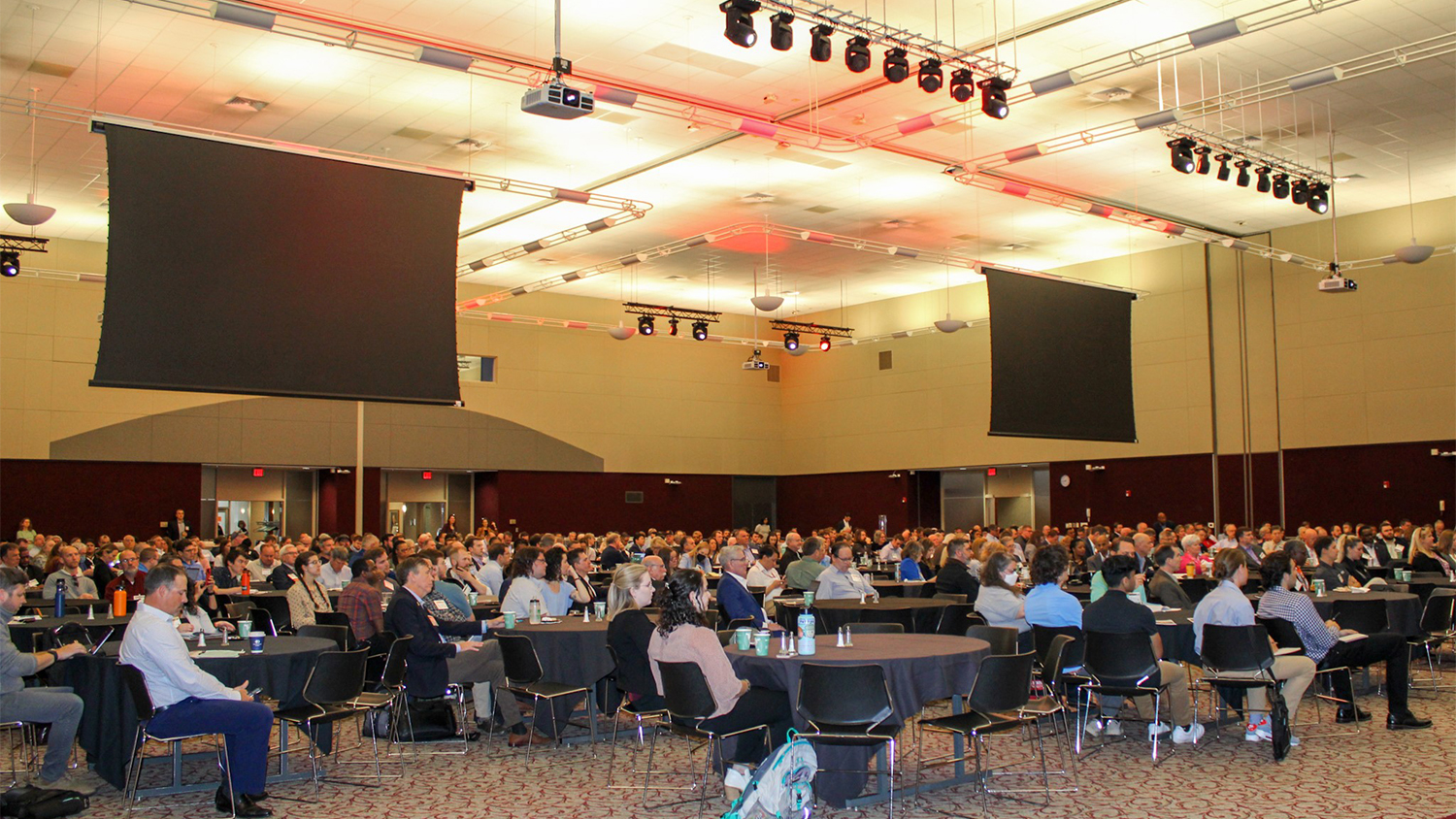College ranks in top 10 in research expenditures for second straight year

The College of Engineering at North Carolina State University has been ranked in the top 10 nationally in research expenditures among colleges of engineering for a second year in a row.
The college ranks tenth in the country in research expenditures among colleges of engineering in the United States and seventh among public universities, according to the latest rankings, for fiscal year 17-18, from the American Society for Engineering Education (ASEE). NC State also ranked in the top 10 for fiscal 16-17.
The College had research expenditures of $188.5 million in fiscal 17-18 and $206.3 million in 16-17.
The College of Engineering at NC State leads or is heavily involved in 24 national centers, institutes and laboratories and leads two National Science Foundation Engineering Research Centers (ERC). NC State is one of only two schools in the United States currently leading two ERCs and one of only two schools to ever be awarded the lead role in three ERCs.
The Future Renewable Electric Energy Delivery and Management Systems Center (FREEDM) is developing a next-generation power grid that allows bi-directional flow and integrates renewable energy sources. The Nanosystems Engineering Research Center for Advanced Self-Powered Systems of Integrated Sensors and Technologies (ASSIST) is making wearable, self-powered health-monitoring systems.
The College and NC State are also:
- The lead institution in the Consortium for Nonproliferation Enabling Capabilities, a National Nuclear Security Administration effort to develop the next generation of technologies and leaders in the field of nuclear nonproliferation.
- The lead institution on the $24-million National Science Foundation Aerial Experimentation Research Platform for Advanced Wireless bringing cutting-edge work on 5G to the Research Triangle.
- The lead institution in PowerAmerica, a National Manufacturing Innovation Institution (NMII) that is furthering the development of wide-bandgap semiconductor-based power electronics.
- A member of the Consortium for Advanced Simulation of Light Water Reactors, a Department of Energy hub working to improve the operation and safety of the current generation of light water nuclear reactors.
- Home of one of four National Security Administration Science of Security Lablets, which are conducting research on cybersecurity.
- A partner in the National Institute for Innovation in Manufacturing Biopharmaceuticals, an NMII that is working to accelerate U.S. innovation in biopharmaceuticals.
- Categories:


